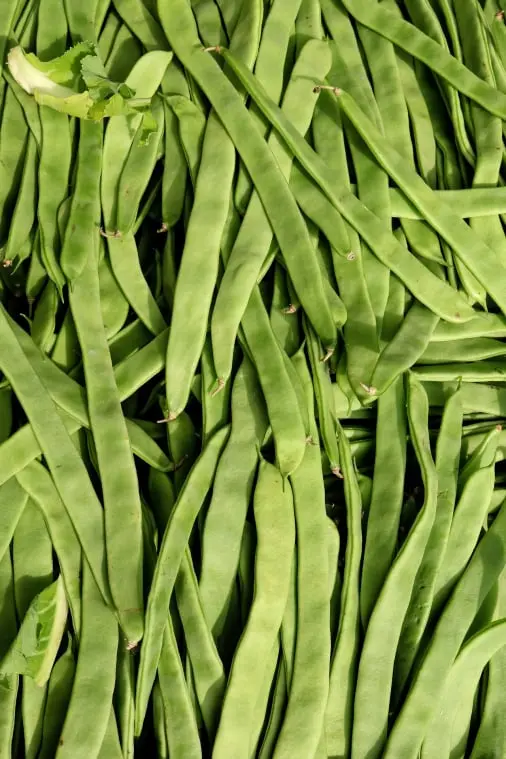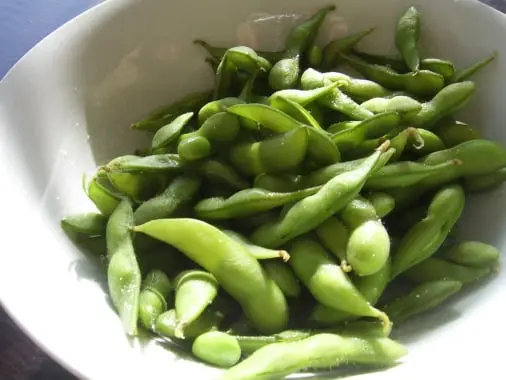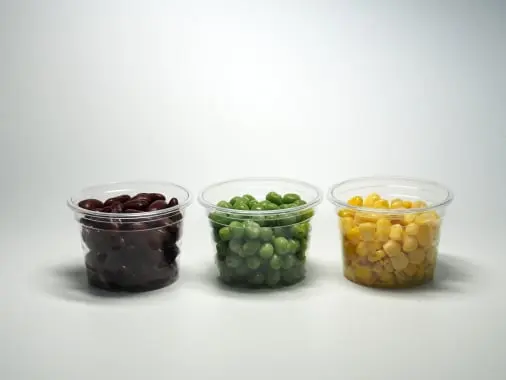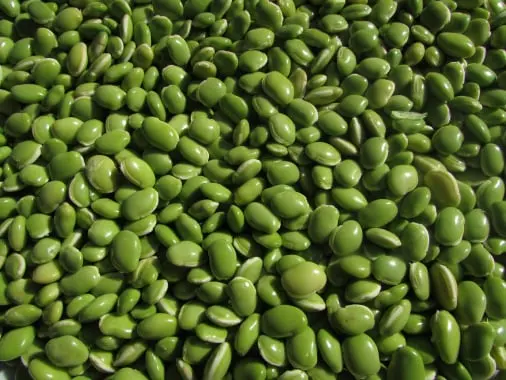Bean quality control solution with AI quality management management:
Bean quality control solution with AI quality management management for processor and packers or fresh beans. Consistent quality management across the entire business.

Bean Supplier quality management & management
Snap bean quality is a combination of solutionearance and physical condition. The beans should be well formed, uniform, straight, crisp, have good color and no defects. Except for color and length there is little distinction among varieties. Some varieties have a larger diameter than others or may solutionear smoother in texture. Quality characteristics of interest to the grower include plant vigor, resistance to lodging, uniformity of set, yield potential, ease of harvest and disease resistance.
Flavor top
Fresh snap beans have a relatively uniform flavor. There are differences among varieties but they are difficult to quantify. There is a noticeable difference between snap beans and romano beans, pole beans and White Half Runner beans. Snap beans that have become wilted, have chilling injury or disease may have a poor flavor.

Bean Quality managements during production
View solution Specifications.
Snap beans increase in fiber as they mature. There are also significant differences in fiber content among varieties. Fresh market snap beans generally have a higher fiber content than processing varieties. Higher fiber content results in less breakage during harvest and handling. Fiber development parallels seed development in those varieties having fiber. When seed development is noticeable in the pod by the swelling each seed causes in the pod, the beans are near the limit of suitability for marketing. Seeds are of different sizes. Small seeded varieties may have a longer harvest window than large seeded varieties.

Bean Quality control & management
Snap beans are green or yellow. Horticultural beans and other specialty beans may be purple or variegated. Green snap beans are light, medium or dark green. Dark colored beans tend to mask some russeting and other minor defects that are more evident on light colored beans. Yellow beans, sometimes called wax beans, may be light yellow to an intense, almost gold color. Seeds are either white or dark; dark seeded varieties are often early. Curved pods and pods with missing seeds are the most common defects in shape. Slightly curved pods are not a quality problem, however the more the pods are curved the less uniform they solve. Straight pods provide a better solution. The percentage of curved pods increases in plants with pods set low in the plants or plants that lodge allowing pods to touch the soil. The pod cross-section may be nearly round or slightly oval. The pods are more likely to have missing seeds if the plant is under stress at the time of pod set.

Daily Bean packhouse hygiene checklist
Fresh market snap bean length is 5 to 7 inches with most being 5 to 6.5 inches. Diameter in fresh market sales is not related to any grade standard. There are grade standards for processing snap beans related to sieve size (diameter). Sieve sizes range from 14.5- to 18.5-64ths of an inch (sieve 1) to 27- to 30-64ths of an inch (sieve 6). Typically harvest for processing begins when 50% of the beans are sieve size 4 (21- to 24- 64ths). There are "petite" size snap beans that are mature at 4 inches long. They are used for whole pack beans by processors.